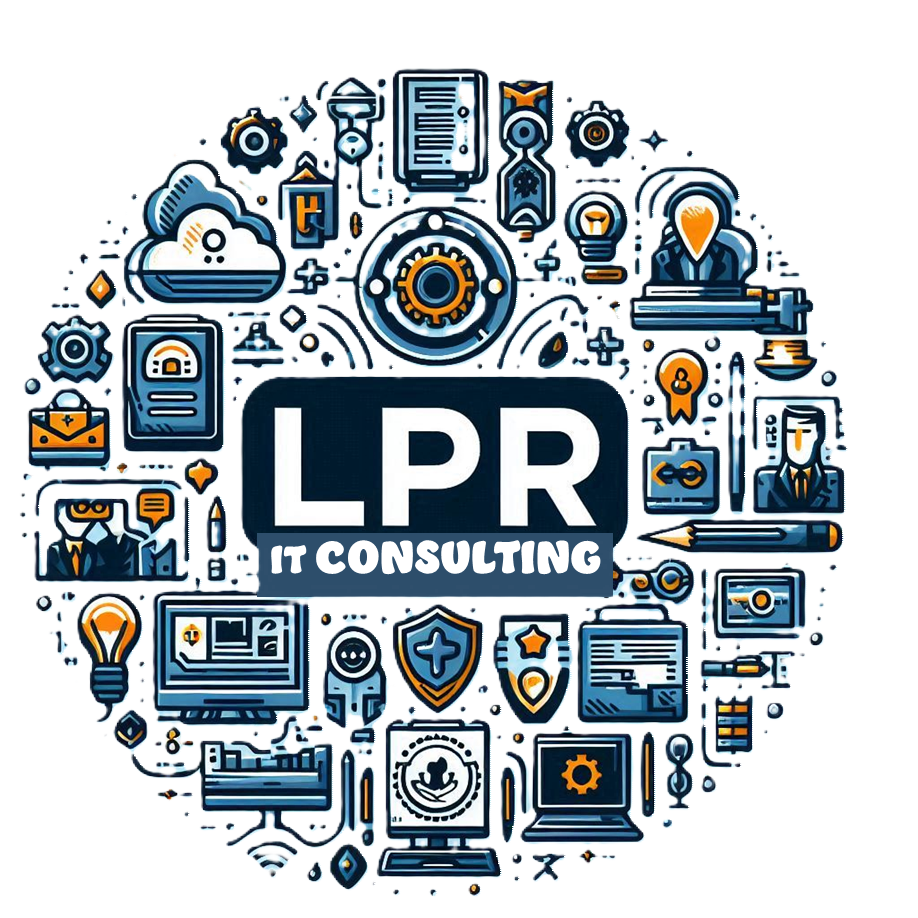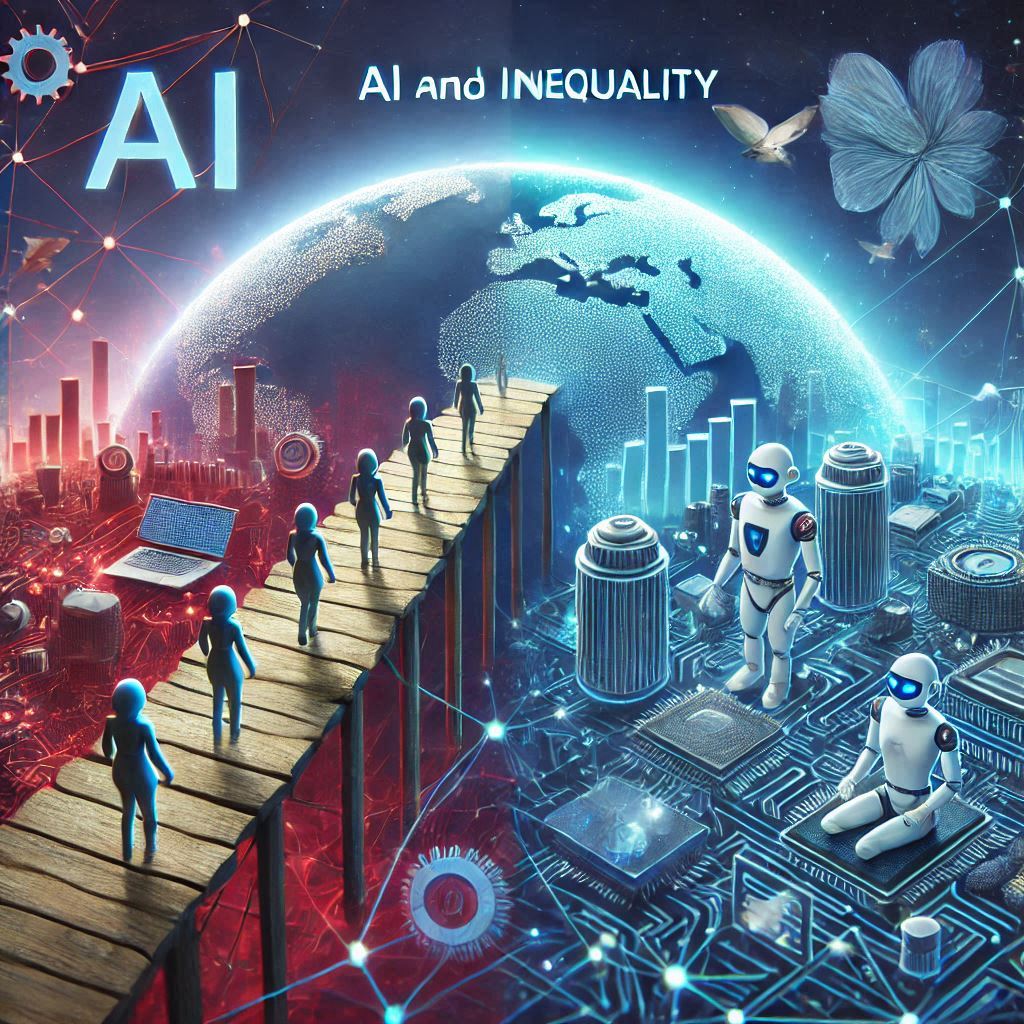Artificial Intelligence (AI) is revolutionizing industries, offering transformative advancements in fields such as healthcare, education, and finance. However, its integration into society brings with it the potential to both bridge and widen existing inequalities. This article examines the complex relationship between AI and inequality, highlighting its ability to democratize opportunities while also exacerbating disparities.
AI holds great promise for reducing inequalities by enhancing access to education, healthcare, and financial services. Personalized learning platforms extend quality education to underserved areas, while AI-enabled healthcare improves remote diagnostics and affordability for marginalized populations. In finance, AI assesses creditworthiness for microloans, empowering individuals traditionally excluded by conventional systems.
Despite its benefits, AI also presents risks. Biases in algorithms can reinforce societal discrimination, while automation threatens to displace low-skilled workers, worsening unemployment and widening the skill gap. Moreover, the uneven access to advanced AI technologies contributes to a growing digital divide, favoring wealthier individuals and nations over disadvantaged communities.
To address these challenges, ethical AI development must focus on transparency and fairness. Expanding education and literacy around AI ensures broader participation and inclusivity, while regulatory frameworks help curb misuse and promote equitable distribution of AI’s benefits. Collaboration across nations and industries is critical to achieving these objectives.
AI’s dual nature as a force for both progress and inequality highlights the importance of intentional and ethical decision-making. By prioritizing fairness, inclusivity, and accessibility, AI has the potential to be a transformative tool in reducing systemic disparities.
The future of AI and its impact on inequality hinges on the steps taken today. Through collaborative efforts and a commitment to equitable development, AI can move beyond its risks to become a driving force for creating a fairer and more inclusive world.





